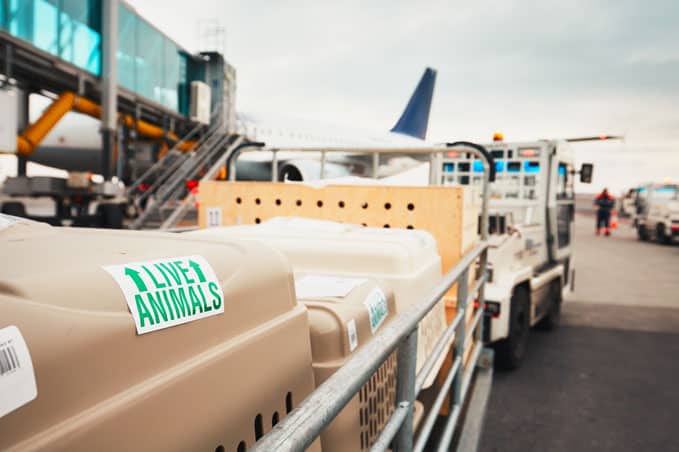Gary’s Safety Tips 
Hey there, my friends! Today, I want to talk about something that is very important when it comes to animal handling, and that is safety. Now, I know some of you might think that animal handling is just a walk in the park, but let me tell you, it’s not. It can be dangerous if you’re not careful, and it’s important that you take the necessary precautions to protect yourself.
First and foremost, before you even begin handling animals, you need to be properly trained. This means that you need to know the behaviour of the animals you’ll be handling, how to approach them, and how to read their body language. Knowing these things will help you avoid potentially dangerous situations.
Secondly, always wear the appropriate protective gear. This can include things like gloves, boots, and a helmet. You want to make sure that you’re protected in case an animal decides to kick, scratch, or bite you. This is especially important when dealing with larger animals like horses or cows.
Thirdly, when handling animals, always be aware of your surroundings. You want to make sure that you have a clear path to safety in case something goes wrong. For example, if you’re handling an animal in a pen or corral, make sure that there’s a gate nearby that you can quickly escape through if necessary.
Fourthly, don’t turn your back on an animal. This may seem like common sense, but you’d be surprised at how many people make this mistake. If an animal is agitated or nervous, it may decide to attack, and if you’re not paying attention, you could end up seriously hurt.
Fifthly, always handle animals in a calm and gentle manner. If an animal senses that you’re nervous or scared, it’s more likely to become agitated and potentially dangerous. By remaining calm and assertive, you can help keep the animal relaxed and less likely to lash out.
Sixthly, be mindful of the animal’s comfort level. If an animal is uncomfortable or in pain, it may become defensive and try to protect itself. This is especially true when handling animals that are injured or sick. Make sure that you’re taking the necessary precautions to keep the animal as comfortable as possible during the handling process.
Seventhly, never handle an animal alone if you can help it. Having a partner or team can help make the handling process safer and more efficient. Plus, if something goes wrong, you’ll have someone there to help you.
Lastly, always be prepared for the unexpected. Even if you’re following all the necessary precautions, accidents can still happen. Make sure that you have a plan in place for how to handle emergency situations. This can include things like having a first aid kit nearby, knowing how to call for help, and having a backup plan in case something goes wrong.
In conclusion, animal handling can be a rewarding experience, but it’s important to always put safety first. By following these tips, you can help ensure that you and the animals you’re handling stay safe and healthy. Remember, it’s always better to be safe than sorry!
Cheers,

![]()






